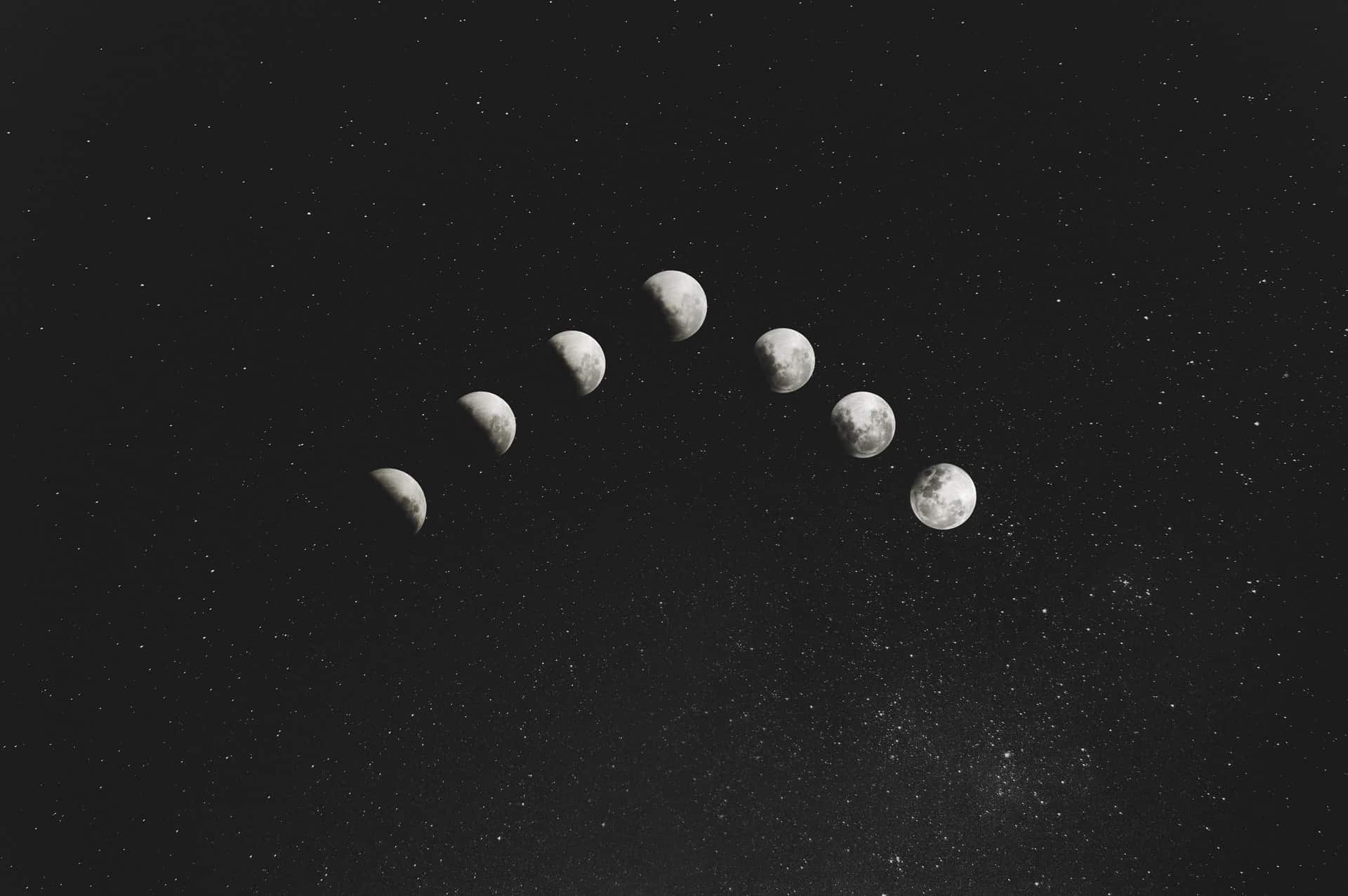As one of the largest things in the sky, the Moon is one of the most notable celestial bodies. With a powerful telescope, anyone would be able to see its craters, its rough terrains, and its familiar landscape. There is no doubt that the Moon became one of the wonderful fixations in the sky, even before humans appeared on the planet. But have you ever wondered why even after millions of years, the moon won’t hit our planet? And is it really constantly falling toward us? We’re gonna learn all the answers below.
The Moon is constantly falling toward the Earth because it is being pulled by gravity. However, Earth’s gravity is not powerful enough to actually pull the moon into the Earth’s surface. Since the moon is in motion, the constantly affects its direction, making it curve around the planet.
Every night, as long as the weather is clear, the moon is visible in the sky. On rare occasions, it would even offer us the rare view of an eclipse. Sometimes, it appears bigger, and sometimes you can’t see it at all when you don’t look hard enough. But there’s one question that most of us probably asked before. Will there be a time when the moon stops missing and finally hit the Earth? Will it ever go close enough and fall towards its mother planet?
Of course, with the moon’s size, it’s rather better if it stays in space, not getting nearer or further away from Earth. But there’s always the curiosity in knowing what things are possible. In this article, we will learn about Newton’s Law of Gravity, and why satellites orbit bigger objects in Space.
In What Sense Is The Moon Falling Toward Earth?
In this era, gravity is common knowledge. Even youngsters know about this concept and why things stay on the ground after some time. But back then, the concept of gravity was nonexistent, until Sir Issac Newton observed an apple hanging on an apple tree.
Newton was having some tea with friends under an apple tree when he noticed an apple hanging from a branch. He then pondered about things, such as “Why does an apple fall towards the Earth’s center? Why is it not falling sideways or upwards?” Newton later realized that there is a force acting upon the Earth and the apple, and in fact, all things with masses. Later on, he called this force “gravity”.
What is the significance of gravity to the relationship of both the moon and the Earth? The answer is both simple and complicated. For the simple part, gravity is indeed the force that draws the moon towards the Earth. It makes the moon stay in its orbit and never wander out of the planet’s proximity. As long as two things with mass are in each other’s proximity, both objects are giving force to each other. But with Earth’s bigger mass, affects the moon more than the moon affects it.
Gravity exists in all spaces, and all points down to the center of the Earth. This force pulls down everything with a speed of 9.8 m/s2. You, me, as well as the moon itself, are affected by this force at all times. That’s why we don’t need to attach weights to ourselves to stay in the ground. We are actually affected by gravity’s force every minute of the day. Hence, in a sense, the moon is actually constantly falling toward the Earth.
Now that we’re done with the simple part, here’s the complicated one. Gravity is also the one that makes the moon orbit around the Earth. It prevents our small satellite to crash on our planet. But how is this possible? Let’s find the answer via Newton’s Law of motion.
Why The Moon Doesn’t Fall And Hits The Earth?
Newton expanded his idea of gravity by adding three new laws that attempt to explain universal gravitation. These ideas do not only apply to things found in space. It is also applicable to everything found on Earth.
Newton’s First Law: Law Of Inertia
The first law explains how a body in motion will remain in motion (at a constant velocity) unless there’s an outside force that acted upon it. On the other side of the coin, a body at rest will also remain at rest unless an outside force made it move.
Newton’s Second Law: F = ma
The motion of an object will change if there’s an outside force that affected it. The change of motion will be proportional to the power of the force exerted. Each time a force is used to an object (at motion or at rest), both the acceleration and direction are changed.
Newton’s Third Law: Law of Reciprocal Actions
So far, this is the easiest law to understand. For every action made to an object, there will be an equal reaction to the opposite direction. Hence, if the Earth is pulling the moon towards itself, the moon also tries to pull the Earth towards its direction. However, the object with a bigger mass wins. Hence, the moon is orbiting the Earth and not the other way around.
The Explanation
Before the moon ended up orbiting the Earth, it was likely space debris, traveling at a constant speed until it was caught by the Earth’s gravity. The moon remains in motion, even if the Earth constantly pulls it down with gravity. Earth’s gravity is not powerful enough to pull the moon down at a speed faster than its current acceleration. However, it is powerful enough to change the moon’s trajectory. If the moon slows down, the gravity of the Earth will successfully pull it down towards the surface.
Since the Earth’s gravity is equally distributed all around the planet, the moon’s direction is constantly affected, that’s why it curves around the planet. And since no external force is stopping the moon, it continues to move a circular path, guided by the gravitational force of the Earth (since Earth is not flat.)
The moon can still fall into the Earth or knock out of its orbit, but it needs an external powerful force to act on it and change its speed (or destroy it). In fact, the moon is actually moving away from Earth at a constant rate of 3.78cm per year. But don’t worry, it would take millions of years before it got knocked off of its orbit and fly away into space.
Useful Video: https://www.pbslearningmedia.org/resource/ess05.sci.ess.eiu.moonorbit/why-doesnt-the-moon-fall-down/

